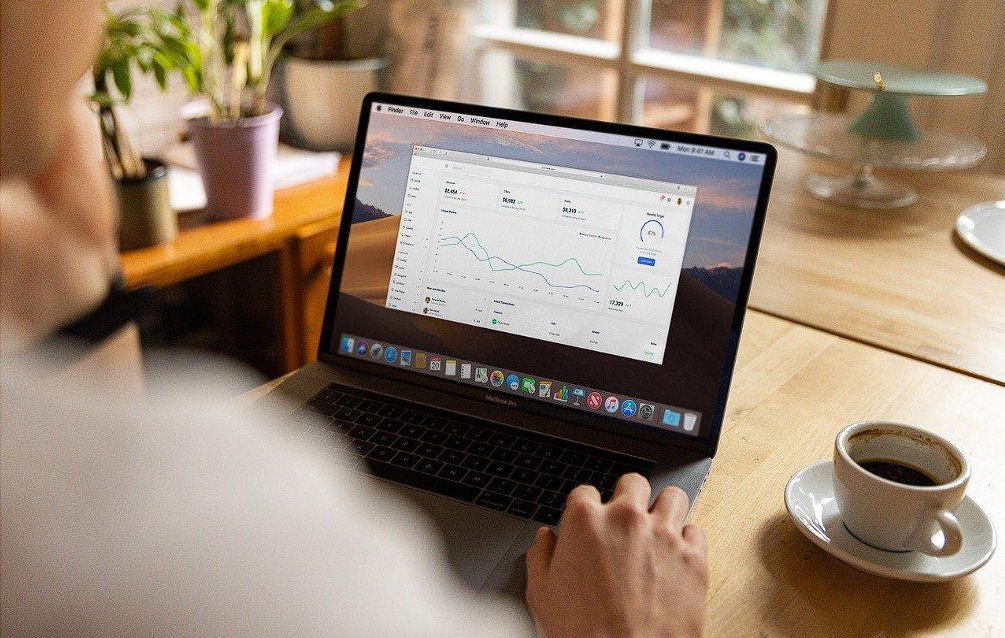6 Ways to Protect your Data when Working with Third-party Contractors and Consultants

Many modern organizations are enjoying the productivity and flexibility benefits of employing a non-traditional workforce. Be it remote third party contractors, offshore workers, freelancers, gig economy workers, or other 1099s, these employees provide access to global talent, localization expertise, flexible working hours, cost-effectiveness, speed-to-market and non-core workload reduction. However, alongside these numerous advantages, there are some risks.
These third party workers cannot be expected to maintain their own security and compliance. But VDI and shipping devices are complicated, expensive and unscalable. In this blog post, we provide six actionable ways IT teams can secure non-traditional workers and ensure compliance.
This blog post is based on the ebook: “Securing Company Data in BYOD Environments: Strategies for Contractors and Offshore Teams,” which you can read here.
1. Secure Sensitive Data
Contractors need access to your organization’s sensitive data. Otherwise, they will not be able to perform their jobs. Make sure you know what sensitive data they have access to, where it is stored, how they access this data, what they are using it for and who they are sharing it with. In addition, make sure the data is encrypted.
2. Secure Applications and Network Access
Your contractors might also need direct access to your applications and network. Make sure you know what applications they have access to and ensure they use them only for work. With regards to the network, make sure they access through a secure channel with strong credentials. You also need to be sure the devices they are using to access are secure and haven’t been compromised.
3. Maintain Compliance
To meet your regulatory requirements, you need to ensure your contractors are compliant with the same regulatory frameworks you are subject to, like GDPR and HIPAA. This includes knowing which of your data and applications are governed by each framework and which workers have access to them, informing these employees how to act and following up on their activities. With this information, you will be able to answer audit requirements on-demand.
4. Separate Usage
Your contractors may have other clients. Therefore, you need to make sure your work does not cross-pollinate with other work streams or personal uses. This includes knowing when they are performing work related to your company, which assets they are accessing and which activities they are performing.
In addition, make sure you have the ability to prevent them from inadvertently or purposely sharing company data with others, bringing external data into your workstreams and using company applications for uses unrelated to your work. To do so, you can manage contractors’ access to data, applications and network in a secure “bubble”.
5. Simplify Onboarding and Offboarding
Visibility and control over contractors will enable effective onboarding and offboarding. Make sure you have the ability to provide and eliminate access to your data, applications and network on-demand. This includes providing and revoking access to data, applications and the network in minutes, visibility into the users who have access to our data, applications and network and the ability to delete stored data in minutes.
6. Ensure Convenience and Privacy
Your contractors need to feel trusted and appreciated. Therefore, secure data management must also include the ability to not see contractors other work or personal usage. This creates trust and ensures they are not breaking confidentiality with other clients. In addition, this has to be done without creating significant overhead for your core team.
A New Approach to Secure and Scale Your Third Party Workforce: Secure BYO-PC
Do your current solutions offer these capabilities or do you need new policies and tools to secure your third party contractors and consultants?
Legacy approaches are slowing down forward-thinking and productive organizations. Secure BYO-PC / Secure BYOD can answer remote work challenges without the cost and complexity of legacy tools like VDIs, DaaS and VPNs.
Secure BYO-PC solutions provide:
- Real-time visibility and control over the sensitive data, applications and network access points your non-traditional workers deploy
- Compliance with all major regulatory frameworks
- Compliance of your third party / non-traditional workers
- A “bubble” (aka “Secure Enclave”) in which workers can work on your projects separate from their other personal and professional work streams
- Deployment in minutes
- The ability to revoke access to your assets and wipe the sensitive organizational data your non-traditional workers save to their devices
Secure BYO-PC solutions are simple, cost-effective and lightweight, do not require extensive backend management and ensure employee privacy. In addition, they ensure a high level of consistent performance and are easy to deploy at scale.
To learn how Venn can help secure third party contractors, consultants, freelancers and other 1099s, you can read more here.

Scott Lavery
SVP Marketing
More Blogs


